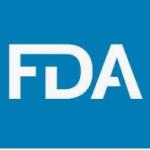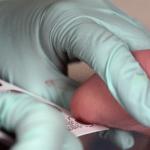Vaping devices such as e-cigarettes should not be used for fun. Getting oneself addicted to nicotine is not a smart idea. That is why these devices should not be used by non-smokers, particularly young people.
FDA
Having jumped all the appropriate FDA hurdles to ensure safety, the Impossible Burger in its uncooked form is coming to supermarket shelves this fall.
The Trump Administration issued two executive orders relating to biomedical science in recent days. The first involved the regulation of biotechnology products, and the second involved transparency in healthcare costs.
The FDA met last week in the first hearing to decide the regulatory fate of the cannabinoid CBD; you know the marijuana component that has no or little psychoactive effect. At the most basic of levels, a drug is a chemical.
In its international edition on April 25, the New York Times ran a blatantly anti-Semitic political cartoon that portrayed a blind President Trump wearing a yarmulke being led by Israeli Prime Minister Benjamin Netanyahu, who wa
Imagine wandering through the grocery store, and your eye catches a flashy label on a bottle of orange juice: "Does not contain CYANIDE." What would you think?
Organic or so-called "natural" products are all the craze. People wrongly believe, often because of purposefully misleading advertising, that these products are safer and healthier than other products.
The theme for this year’s Rare Disease Day is “bridging health and social care” and The Lancet Diabetes & Endocrinology, in addition to
When writing about foods, in particular, I have often suggested that how the food is produced makes little difference; an organic apple is as nutritious as a conventionally farmed one.
In an announcement of no surprise, the U.S.












